Discover what scientists do, the tools they use, and more with our 'What Do Scientists Do?' Teaching Presentation.
Discover Scientists and What They Do With Our”What Do Scientists Do?” Presentation!
Introduce your kindergarten through second-grade students to the thrilling world of science with this interactive and visually engaging Google Slides Teaching Presentation! Designed to spark curiosity and build foundational knowledge, this slide deck helps young students explore the work of scientists and the incredible contributions they make to our planet.
Learn All About Scientists With Us!
This presentation introduces key concepts about scientists and their work through vivid visuals and interactive activities:
- 🧑🔬 What is a scientist?.
- 🔬 What do scientists do?
- 🤝 How scientists work together
- 🛠️ What tools do scientists use?
- 🌍 What are the different kinds of scientists?
This slide deck is filled with features that make learning about scientists and their work more interactive and engaging. We’ve included the following features to help keep your students on task and learning throughout the lesson.
- Vivid Photographs: Real-life images of scientists and their tools bring the content to life.
- Discussion Prompts: Encourage class conversations with engaging questions like “What would you want to study as a scientist?”
- Interactive Opportunities: Students will participate in activities such as identifying tools and matching scientists to their field of study.
This resource is designed for K-2 students. It features uncomplicated language, relatable examples, colorful real-world photographs, and interactive components to keep them involved. It supports science understanding while building vocabulary and critical thinking skills, making it ideal for whole-class instruction or virtual settings.
Download and Teach Your Students All About Scientists Today!
Download the “What Do Scientists Do?” Slideshow Presentation today and help your students take their first step into the world of science. To get your copy of this resource, click the download button. You will be prompted to make your own copy. Once you’ve done that, you’re ready to teach!
This resource was created by Lindsey Phillips, a teacher in Michigan and Teach Starter collaborator.
More Resources for Introducing Science to Your Students
Looking for more introductory activities for science class? Make sure you grab these printable and digital science activities for elementary students before you go!
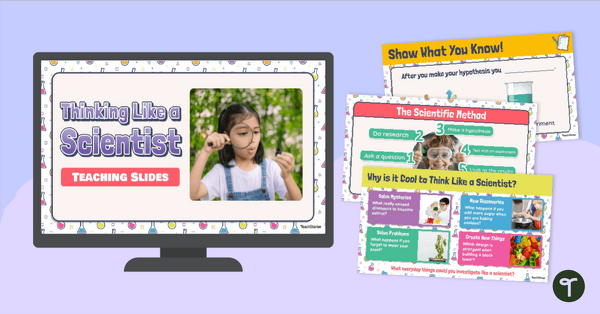
teaching resource
PowerPoint on the Scientific Method - Thinking Like a Scientist
Introduce your students to the scientific process with an interactive PowerPoint on the scientific method.
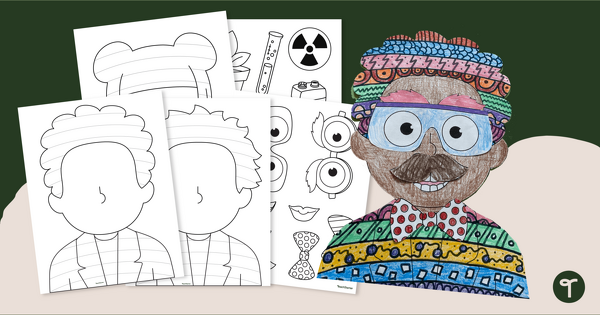
teaching resource
Funky Scientists Craft Template
Introduce your students to what scientists do and have fun creating a Funky Scientist with a printable template.
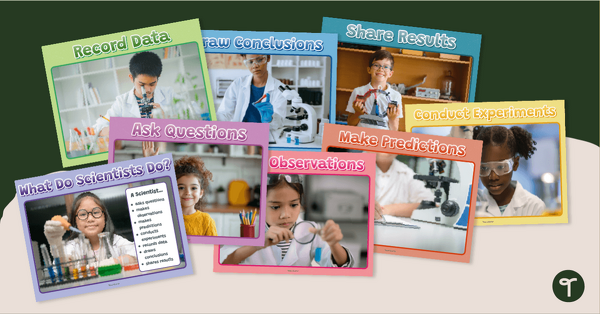
teaching resource
Scientific Method - Scientist Poster Pack (K-1)
Help your little learners understand the scientific method with a set of ‘What Do Scientists Do? Kindergarten Science Posters.
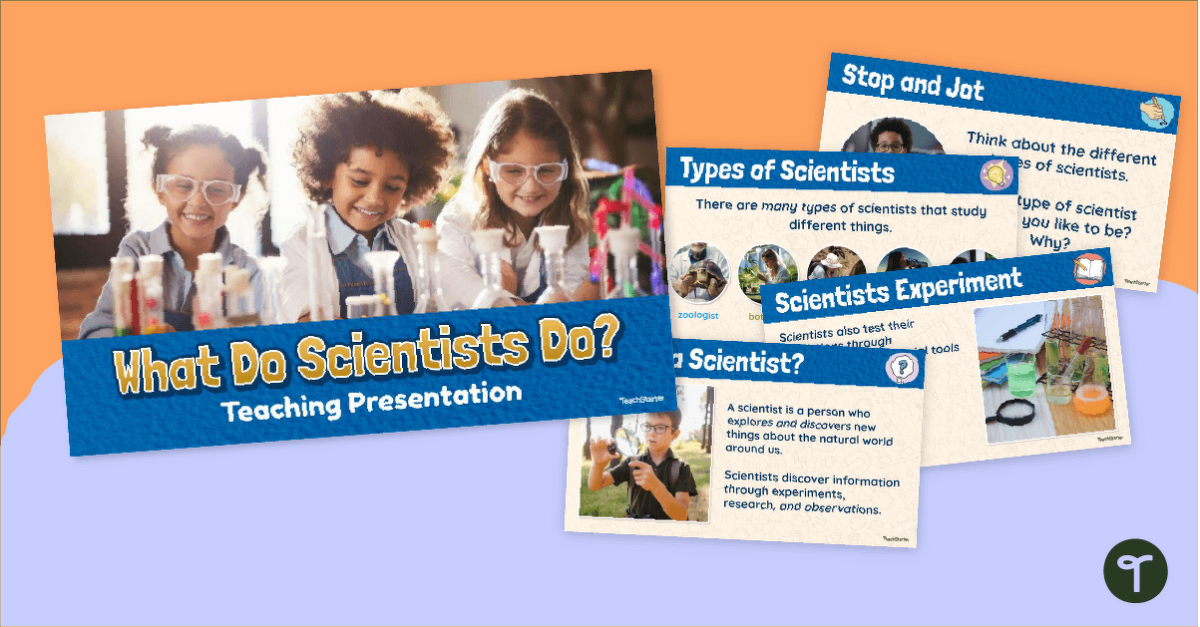

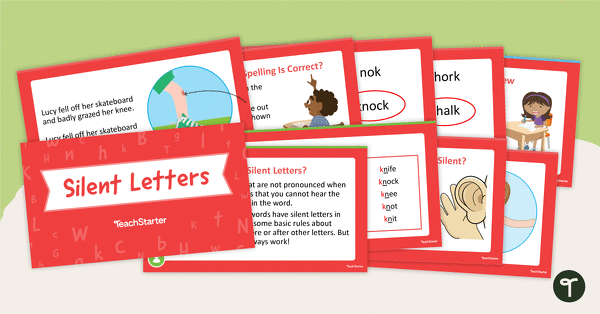
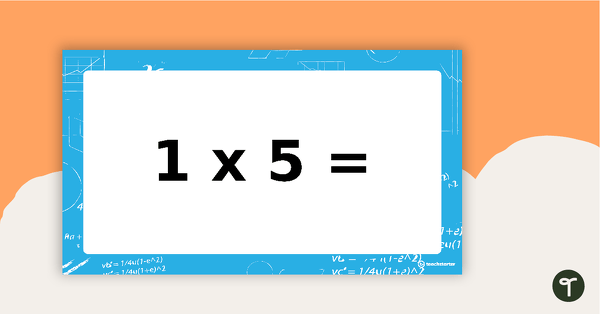
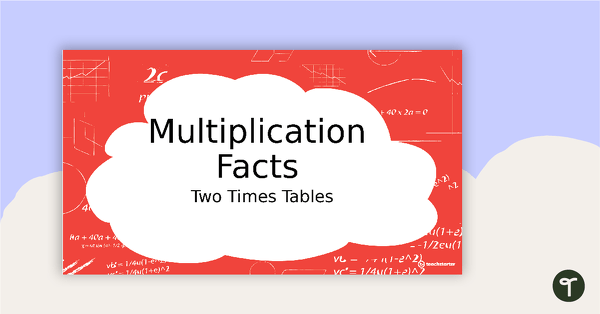
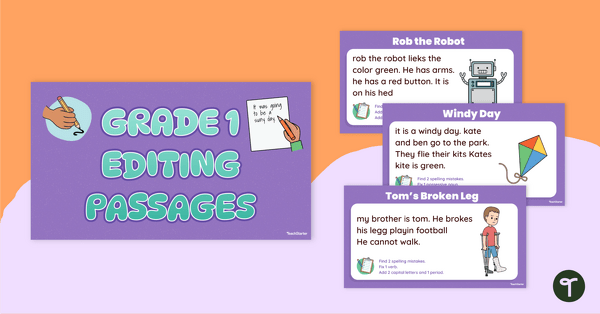
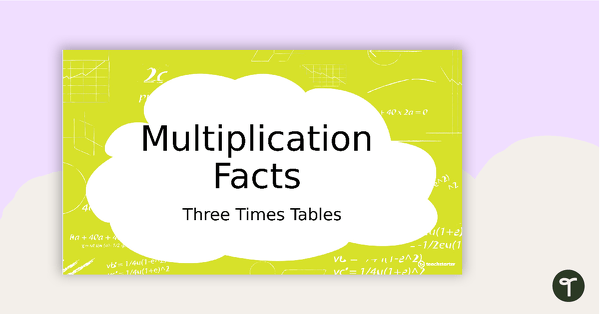
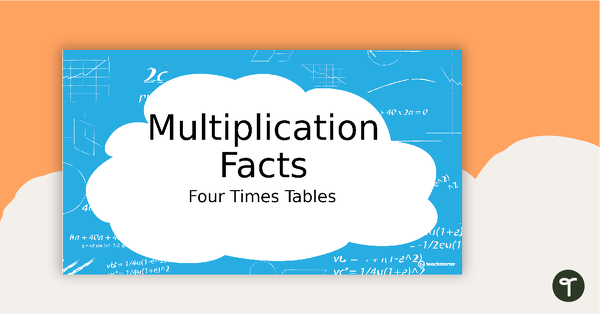
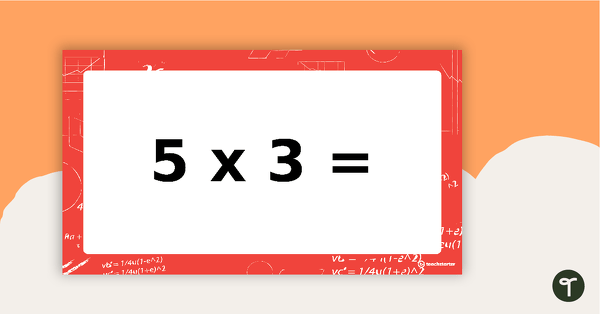
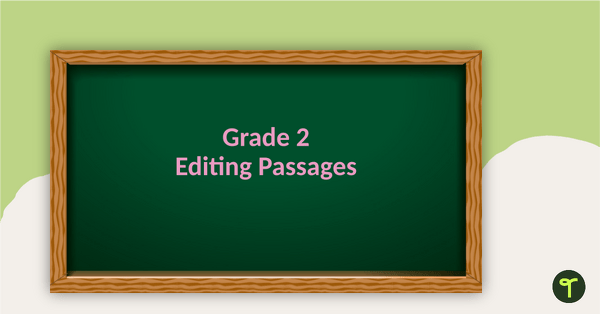
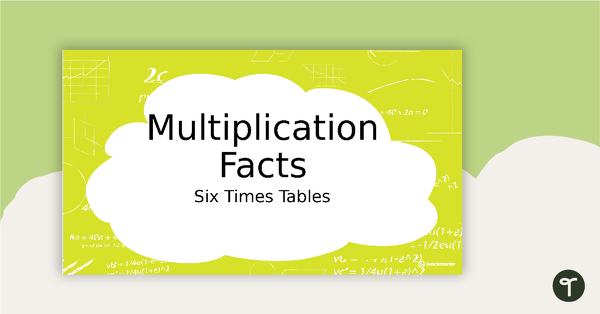
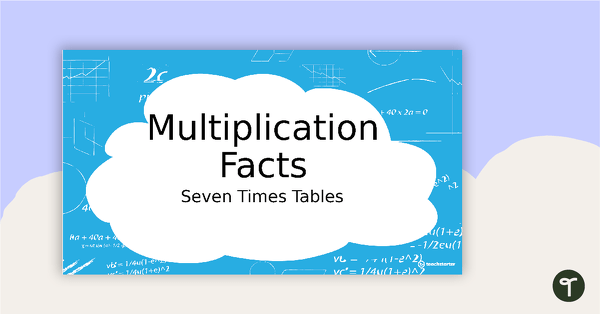
0 Comments
Write a review to help other teachers and parents like yourself. If you'd like to request a change to this resource, or report an error, select the corresponding tab above.